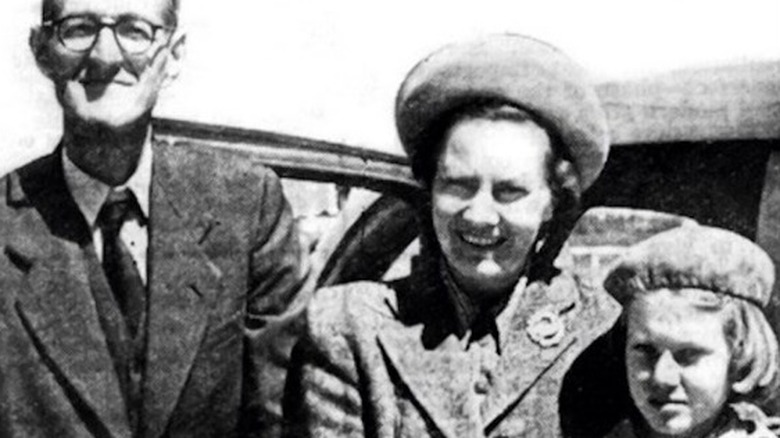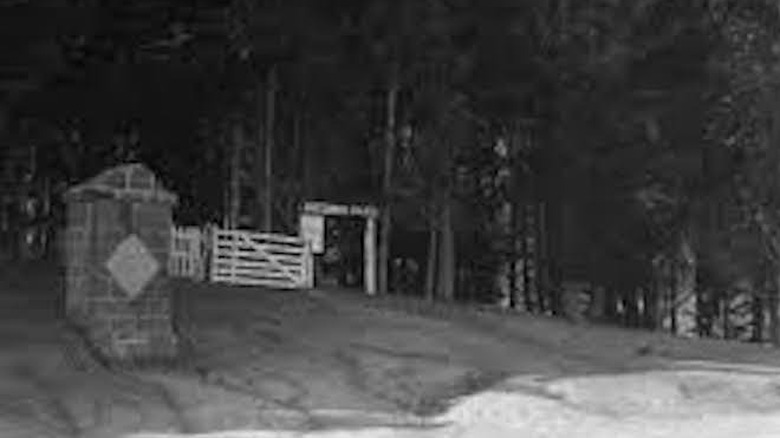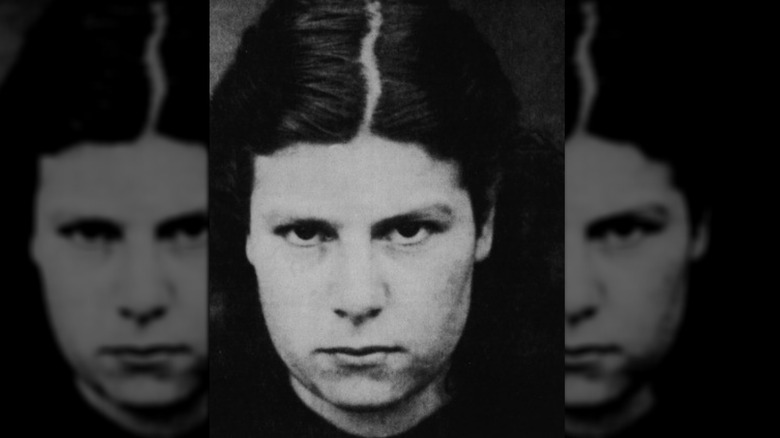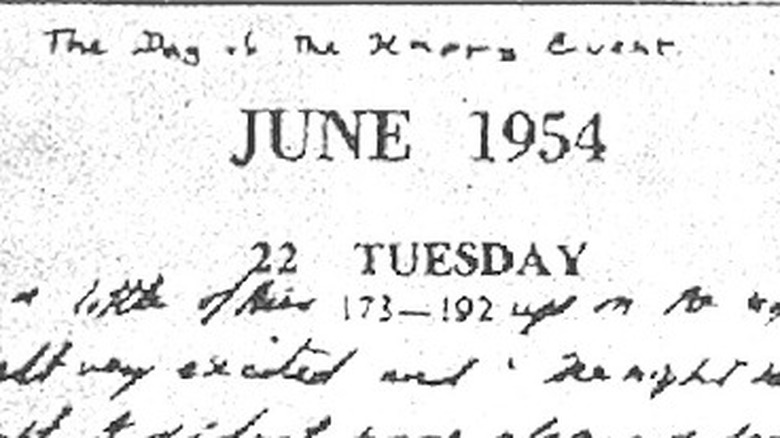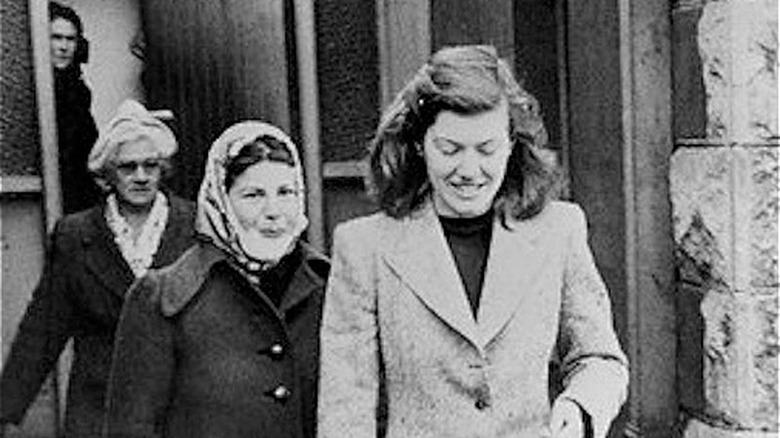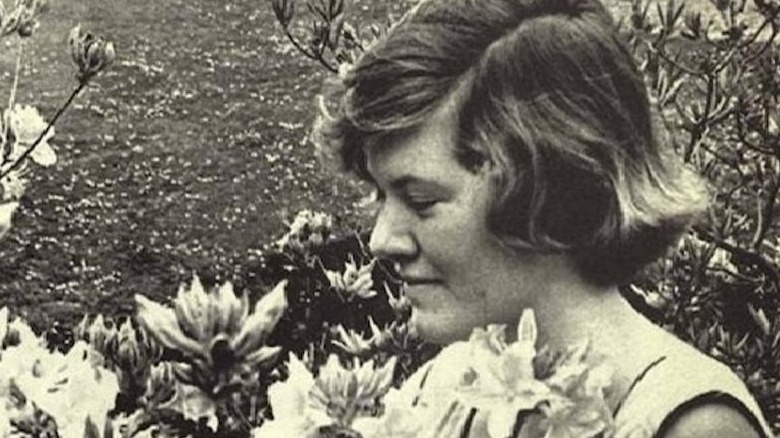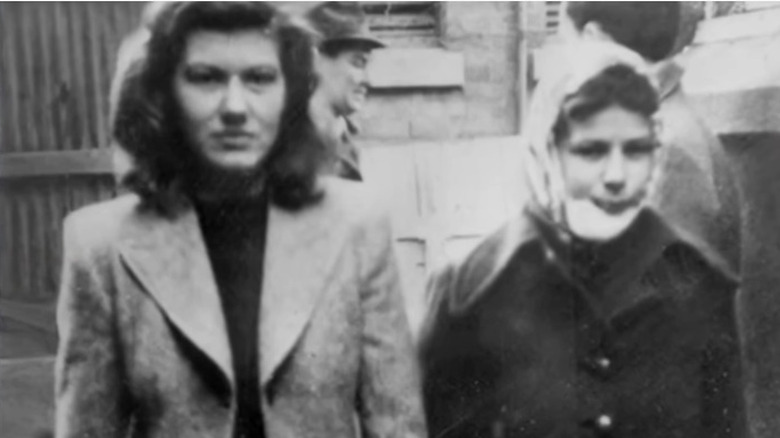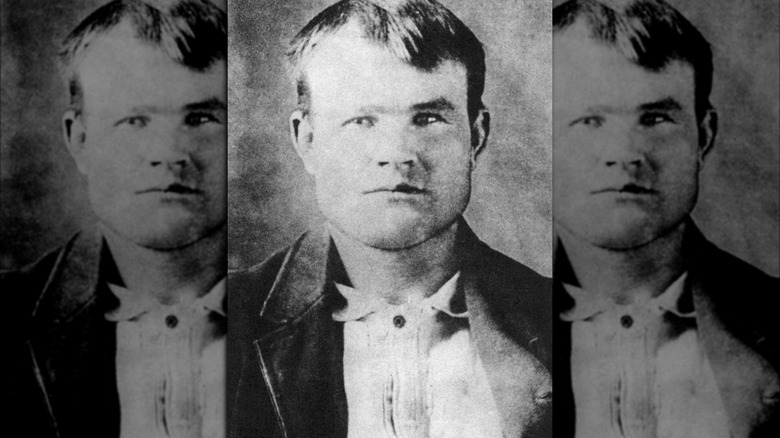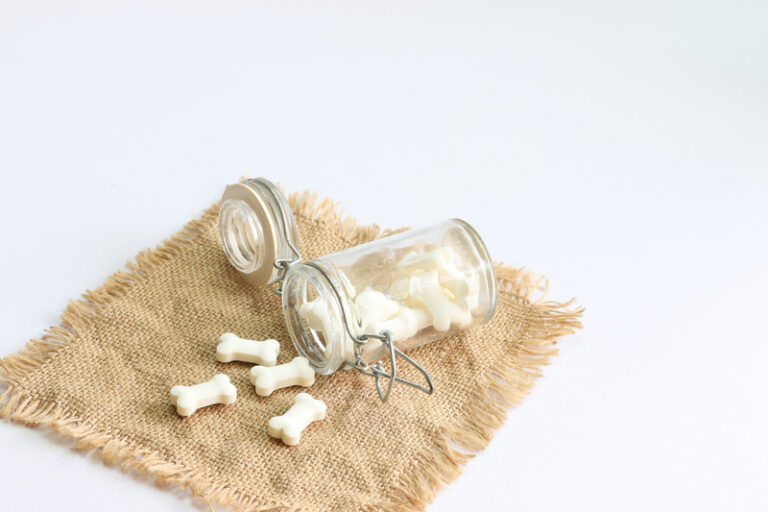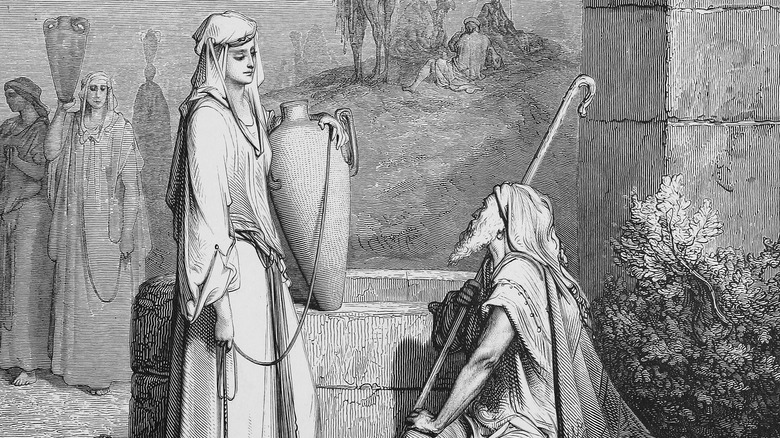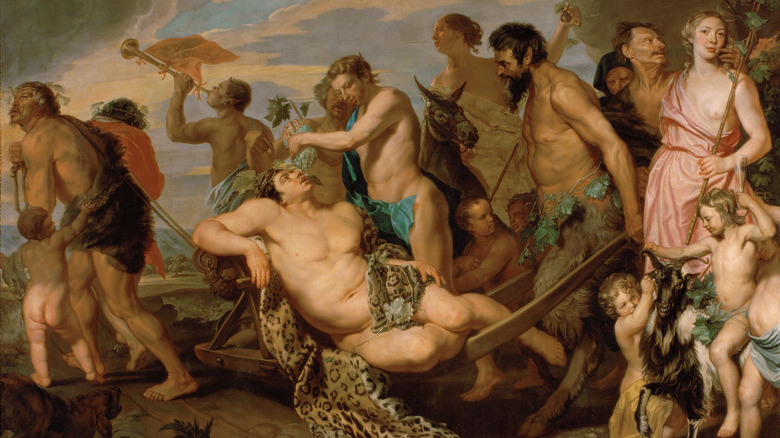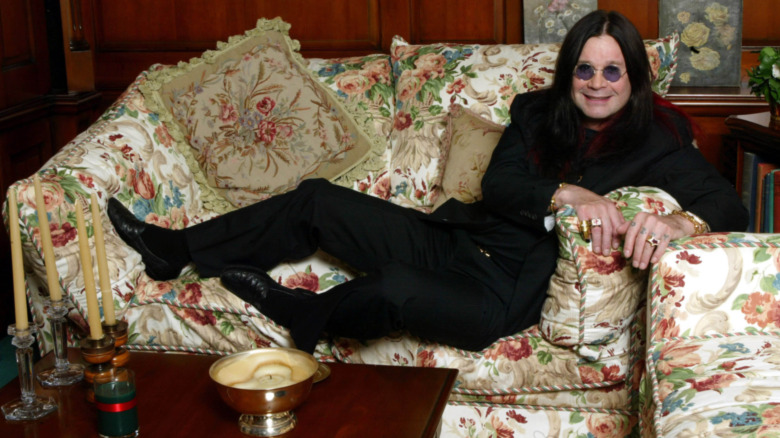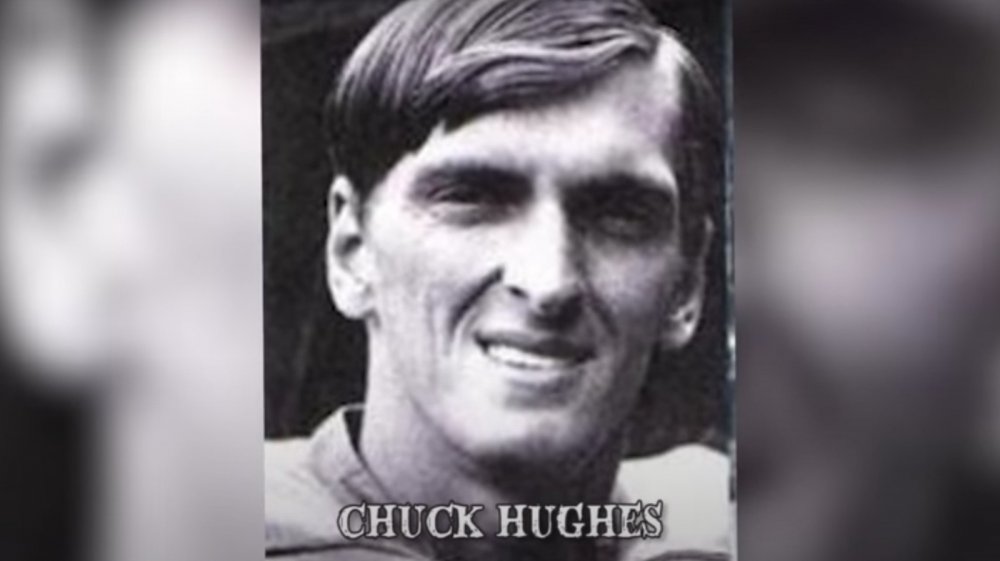
The Messed Up Story Heavenly Creatures Is Based On
In 1994, few outside New Zealand knew the name Peter Jackson and even fewer knew about the 1954 murder that inspired his breakout movie “Heavenly Creatures.” The perpetrators of the infamous Kiwi crime were Pauline Parker and Juliet Hulme, teenagers who clubbed Pauline’s mother, Honora, to death with a brick. Their motive? Honora, they believed, wanted to separate them.
The Parker-Hulme murder, as it came to be known, was a press sensation in its day and was the source for several books and plays in the 1960s and 1970s. By the 1990s, however, the case had fallen into relative obscurity. According to NZ on Screen, Jackson’s partner and collaborator Fran Walsh, who had been intrigued by the murder since childhood, nevertheless convinced Jackson to develop a film based on it.
As noted in The Washington Post, in bringing the story to the screen, Walsh and Jackson chose to focus not on the fatal attack but on the killers’ obsessive, fantasy-laced friendship. The decision proved wise. Co-starring Kate Winslet and Melanie Lynskey in their feature debuts, the film garnered many accolades and awards, including a Best Original Screenplay Oscar nomination. It also recast Jackson, then known for his horror comedies, as a serious director.
However, as strange as the “Heavenly Creatures” screen story was, the facts of the actual case were far weirder and more complex. And the postscript to the true story, revealed shortly after the film’s release, provided a twist no Hollywood screenwriter could ever have conceived.
Their eyes met and obsession followed
As reported in a 1997 NZ Woman’s Weekly interview with Pauline Parker’s sister, Wendy (via The Borovnian Archives), Juliet Hulme and Pauline met as first-year students at Christchurch Girls High School. British-born Hulme was the daughter of a university rector, while Pauline’s mother Honora Parker ran the family boardinghouse, and her father managed a fish shop.
Although the girls were of different classes and temperaments — Hulme was sensitive and feminine, while Pauline was moody and tomboyish — both were highly intelligent. Pauline befriended lonely Hulme, and a fierce, exclusive relationship soon followed. The two became inseparable, and Pauline quickly inserted herself in the Hulme household, spending entire weekends and holidays with the family.
Accusations of lesbianism, which at the time was viewed as a psychological disorder, began shortly after their arrest and were sensationalized in the press. According to a July 1954 Sydney Morning Herald story and other contemporary accounts (via Heavenly Creatures), the girls would often bathe and sleep together and talk graphically about sex. One time, as noted by Pauline’s sister, they ran “ecstatically” outdoors in just their underwear. The girls’ parents, concerned about the intensity and possible sexual nature of the relationship, attempted an intervention with the help of a doctor but failed to keep them apart.
Ironically, although the girls’ possible homosexuality activity, described in detail throughout the trial, threatened their public image, it also became a key element in their defense team’s legal strategy.
They created their own heaven and creatures to live in it
In addition to being intensely curious about sex, the girls had a penchant for fantasy and romance, detailed in their many writings. They rejected their Christian upbringing and fancied themselves geniuses, above the constraints of ordinary society. A Sun Herald reporter (via Heavenly Creatures) described their musings as “extravagant, grandiose, full of courts and royalty. Later the mood of passion, violence, bloodshed and sex began to emerge.”
Naturally creative, they constructed a temple in Juliet Hulme’s large garden for a dead mouse and made crosses for a “cemetery” where they buried “dead ideas.” They invented two kingdoms, gave each other new first names, and fashioned their own roster of all-male saints. According to the NZ Woman’s Weekly article (via The Borovnian Archives), they held night-time ceremonies to honor their saints, all of whom were “singers and actors.”
Perhaps the most alarming event in their fantasy-making occurred at Port Levy on April 3, 1953. In her diary, as quoted in court records (via Heavenly Creatures), Pauline Parker stated that while she and Hulme were looking at the bay there, they “saw a gateway through the clouds” and realized they had “found the key to the fourth world.” This vision of heaven, she concluded, was proof that she and Hulme had “an extra part of our brain which can appreciate the fourth world.”
All of these strange creations and ideas became evidence at trial and were immortalized in court records.
They bonded over childhood diseases
Prior to their meeting, both girls had endured long hospitalizations, separated from their peers. According to contemporary news reports (via Heavenly Creatures), Pauline Parker was diagnosed with osteomyelitis when she was 5 and spent months in the hospital. Her recovery took three years, and her doctor discouraged her from ever participating in sports. Instead, she learned model making (via Christchurch City Council Libraries), a solitary craft that figured later in her play-acting with Juliet Hulme.
As noted in NZ Woman’s Weekly (via The Borovnian Archives), Hulme, who had been diagnosed with tuberculosis as a young child in London, suffered a relapse in 1953 and spent three months in a Christchurch sanitarium. During that period, Hulme and Parker, whose relationship had already become intense, wrote constantly to each other as their fantasy characters. In her diary, as quoted in an August 1954 Sydney Morning Herald article (via Heavenly Creatures) Parker went so far as to proclaim her desire to contract tuberculosis in order to be hospitalized with her friend. Parker did begin seeing a college student during the separation but pushed him aside as soon as Hulme was released.
According to The Times and other August 1954 news items (via Heavenly Creatures), Hulme, who was living in London during World War II, also suffered from “bomb shock,” which caused nightmares and other traumas that had kept her out of school. As with Parker’s osteomyelitis, Hulme’s medical problems had set her apart from others and had interrupted her social development.
The attack was brutal and prolonged
On June 22, 1954, Juliet Hulme, Pauline Parker, and mother Honora Parker enjoyed an afternoon tea together at a shop near Victoria Park. As far as Honora knew, they were there to bid farewell to Hulme, who was about to leave for South Africa with her father and brother. After tea, the trio went to the park for a stroll.
Instead of strolling, however, Pauline and Hulme attacked Honora in a quiet hollow, striking her repeatedly with a half of a brick inside a stocking. They then rushed back to the tearoom, screaming that Honora had fallen and needed help. The police were called.
As chronicled in a Star-Sun report (via Christchurch City Council Libraries), a policeman discovered Honora on her back, her face severely beaten, a river of blood flowing from the wounds. One shoe was off, and her other possessions were scattered about. The now-bloodied brick was found 15 inches away, with the stocking nearby. The policeman knew immediately that Honora had not fallen but had been murdered.
Pauline quickly collapsed under police questioning and was arrested late that night. Juliet Hulme confessed the next day. Court testimony, as summed up in The Times London and other reports (via Heavenly Creatures), revealed that Honora had suffered a total of 45 wounds. Bruising on her neck indicated her head had been held down during the beating. The murder was vicious and rageful, and it was the work of two killers.
Pauline Parker committed the ultimate crime
According to various reporting (via Heavenly Creatures), Pauline Parker’s diary, which was seized by police, revealed the motive for the murder and the emotions behind it. The idea of losing Juliet Hulme had thrown Pauline into such despair she had contemplated suicide. Soon, however, thoughts of suicide were replaced by plans for murder. The girls concluded that the only way for them to stay together was for Pauline to go with the Hulmes to South Africa. Because her mother was the main obstacle to the plan, her mother had to die. Hulme, fearing Pauline would make good on her suicide threat, agreed to help.
According to the National Library of Medicine, matricide, making up less than 1% of all homicides, is considered one of the most, if not the most, taboo of crimes. Prior to her befriending Juliet Hulme, Pauline Parker had enjoyed a normal adolescent relationship with her mother. That she could carefully plan and carry out Honora Parker’s killing underscores just how obsessive her relationship with Hulme had become.
In her diary, Pauline called the murder a “happy event” and described how she and Hulme had “worked it out carefully” and were “thrilled with the idea.” As noted in NZ Woman’s Weekly (via The Borovnian Archives), in the two weeks leading up to the murder, Pauline’s rage at her mother steadily intensified until, as she wrote, it “boiled up inside.”
They left a trail of words
Both Pauline Parker and Juliet Hulme were avid writers, producing novels, plays, poems, and even an opera. They fantasized about going to New York to sell their novels and to Hollywood to have their plays made into movies. According to some contemporary news reports (via Heavenly Creatures), the girls were so determined to go to America to pursue their literary dreams, they considered prostituting themselves to raise money for the trip.
As reported in NZ Woman’s Weekly (via The Borovnian Archives), the girls immersed themselves completely in their novel characters and their fantasy families. At the trial, Juliet Hulme’s mother testified that her daughter became so absorbed in her fantasy character she was unreachable as Juliet.
Parker also wrote religiously in her diaries, which the police seized shortly after her arrest. Although both girls confessed soon after, it was Parker’s diary entries that seemed to seal their fate.
As highlighted in a 1989 news article (via Christchurch City Council Libraries), Parker ruminated about her mother’s death as early as February 1954. In a February 13 entry, she wondered why if “thousands are dying every day,” her mother couldn’t be one of them. On the “happy” day of the murder (or “moider” as she called it), she described having felt “very excited and the night-before-Christmassy.” These and several other blithely callous passages contributed to the jury’s perception of cold premeditation, and they damned the pair in the eyes of the public.
Pauline Parker and Juliet Hulme were thrill seekers
According to The Press (via Christchurch City Council Libraries), in their discussions with the psychiatrists who were charged with assessing their mental state, the girls confessed to having shoplifted together. In his testimony, Dr. Kenneth Stallworthy argued that the girls had stolen for the thrill of it, noting that one of them had described the crime as an “intellectual exercise.” Stallworthy also stated that one of the girls had boasted to him that she had “delighted the hearts of other people by giving them unexpected presents.”
Also revealed in court was Juliet Hulme’s blackmail scheme. As documented in The Manchester Guardian and other news items (via Heavenly Creatures), Juliet’s mother Hilda Hulme was allegedly involved with her lodger, engineer Walter Perry. Although Perry denied that Juliet had caught them in bed together, as Pauline Parker had reported in her diary, he did admit that he was in love with Hilda.
In her testimony, Hilda revealed that Juliet had seen her one night giving a sick Perry tea in his room and had commented cryptically that “the balloon has gone up.” Hilda added that she had informed Juliet that her father was aware of her feelings for Perry and that divorce had been discussed. Perry testified that Juliet had nevertheless threatened to blackmail him over the tea incident, but he had rebuffed her.
To the prosecution, the shoplifting, lies, and attempted blackmail were further evidence not of insanity, but of calculating criminality.
Pauline Parker and Juliet Hulme were just kids
At the time of their arrest, Pauline Parker and Juliet Hulme were 16 and 15, respectively. While the obstacle to their plan was imbedded in their youth, their solution to the problem came from the domain of grown-ups. In 1954, according to NZ Woman’s Weekly (via The Borovnian Archives), Christchurch was a conservative town, unused to violent crime and offbeat behaviors. Homicides by teenaged, possibly homosexual, girls would have been unthinkable. As reported (via Christchurch City Council Libraries) in his opening statement, the crown prosecutor even commented that it was “extremely rare” that girls so young could commit such a terrible crime.
In its analysis of New Zealand homicide rates, “The Handbook of Homicide” found that a vast majority of killers convicted in recent decades were male and over age 20. A tiny percentage of the under 20 offenders were female. Psychology Today notes that female serial murderers typically kill via poisoning or drowning, with little physical contact or blood. The attack on Honora Parker was unusual not only because the perpetrators were young and female, but because it was close-up and messy as well
During their trial, however, their youth became a life-saving factor, as a provision in New Zealand law prohibited the death penalty for people under 18, notes New Zealand History. In the end, Juliet Hulme and Pauline Parker had their ages to thank in dodging the executioner’s bullet.
Were they mad or just bad?
Having confessed to the crime, the only viable defense strategy for Pauline Parker and Juliet Hulme was to plead not guilty by reason of insanity. As a result, much of the trial testimony came from psychiatrists representing both sides of the sanity argument.
On the defense side, according to New Zealand History, psychiatrists Reginald Medlicott and Francis Bennett asserted that the girls’ rejection of the Bible, their belief in a “fourth world” paradise, their delusions of grandeur and ecstasy, and their homosexuality were all evidence of their insanity. They also claimed the girls suffered from paranoia. Defense lawyer Alec Haslam argued in his closing statement that the fact that the girls had executed their “dreadful act” so “clumsily” and showed no remorse was also proof of their insanity.
Central to the prosecution’s case, as described in various news reports (via Christchurch City Council Libraries), was the question of moral awareness. In his examination of the girls, Dr. Kenneth Stallworthy concluded that they knew their deeds were not just illegal but against society’s moral code, as per contemporary news reports (via Heavenly Creatures). They were sane, in other words. Crown prosecutor A. W. Brown summed up by stating that the girls “were not incurably insane … [but] incurably bad.”
The trial lasted six days. On August 28, 1954, an all-male jury found both girls guilty, and the judge sentenced them to indefinite detention. Because of their age and unique relationship, however, the minister of justice stepped in to determine where they were to be incarcerated.
They never saw each other again
As noted in September 1954 news reports (via Heavenly Creatures), after consultation with psychiatrists and court officers, the justice minister determined that the worst punishment Pauline Parker and Juliet Hulme could suffer was separation.
Parker ended up doing her time at Paparua Prison in Christchurch and Hulme at jails in Auckland and Wellington. Deemed model prisoners, each served a mere five years and were released in November 1959. Hulme’s release was unconditional, and she quickly left New Zealand. Parker was required to remain in New Zealand, but in 1965, according to NZ Woman’s Weekly (via The Borovnian Archives), she too emigrated.
Although their releases placed no restrictions on their contact with each other, neither girl communicated with the other after prison. Both changed their names and undertook to restart their lives in other countries. The girls’ new identities and locations remained a secret until 1994, after the release of “Heavenly Creatures.” Pauline Parker, now called Hilary Nathan, had settled in an English village near Rochester and was running a riding school.
Juliet Hulme turned up in Scotland. Incredibly she was identified as Anne Perry, the wildly successful, prolific writer of historical mystery novels. She had taken her stepfather’s name (her mother having married Walter Perry), and according to her official biography, worked odd jobs while struggling to get published. Her first mystery came out in 1979. Like Parker, Hulme neither married nor had children.
Forty years later, Juliet Hulme did a rewrite
Although Pauline Parker never talked publicly about the murder later in life, Juliet Hulme, as Anne Perry, freely discussed the crime. In addition to denying she and Parker had a lesbian relationship, Hulme hinted in interviews in the mid-1990s, apparently for the first time, that psychotropic drugs may have played a part in her actions.
In 1995, Hulme stated in a Cincinnati Magazine interview that while she was being treated for tuberculosis in Christchurch, doctors gave her experimental mood-altering drugs: “Two lots of drugs, one by mouth, one by injection.” According to a 2006 NZ Herald interview, the injections were administered with a “long needle in your behind every third morning. They’d catch you when you were still asleep.” Whether these claims are true or at all significant, remains unknown.
While professing remorse, Hulme also insisted she was a reluctant participant in the murder. In the Cincinnati Magazine interview, she asserted that Parker had forced her into a moral corner by threatening suicide and painted her friend as the aggressor. According to a Sydney Morning Herald article (via Heavenly Creatures), however, when asked which of the pair was dominant, an examining psychiatrist identified Hulme as the stronger personality.
Today, however, as interest in the crime continues, spawning new books and podcasts, Hulme seems to have retreated from the notoriety. In her current official biography, there is no mention of the murder, her time in prison, or heaven and its creatures.

The Time Someone Sued American Pickers' Frank Fritz
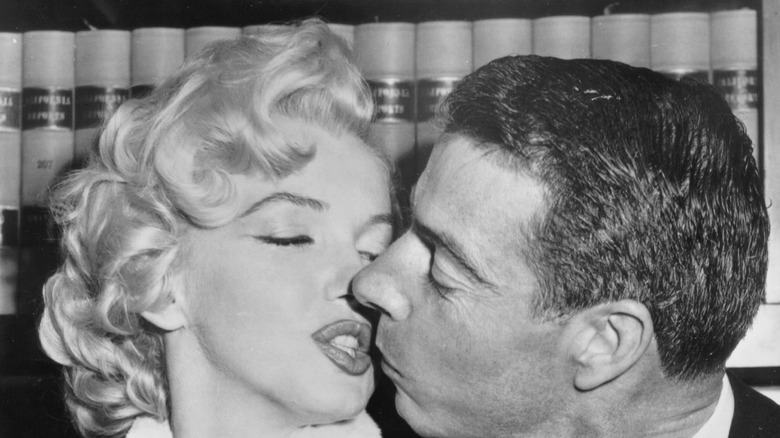
This Iconic Marilyn Monroe Scene Might've Led To Her Divorce

The Untold Truth Of Gen Con

The Iconic Song Liza Minnelli Has Avoided Singing For Most Of Her Career

The Meaning Of Every Slipknot Mask Explained
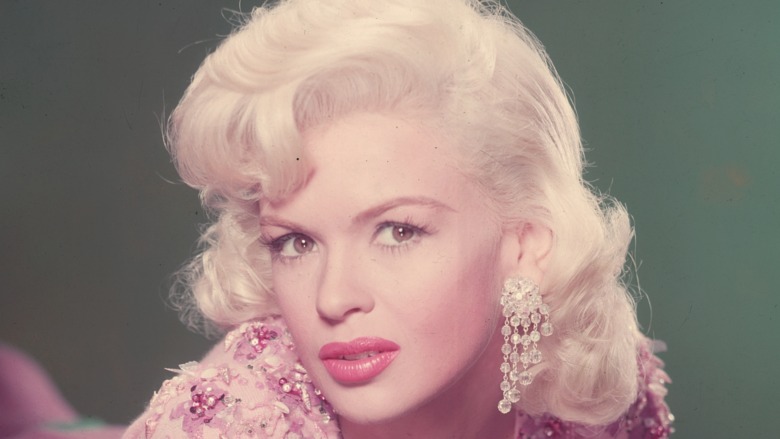
A Look At Anton Lavey's Affair With Jayne Mansfield

The Tragic Death Of Amy Winehouse

Tragic Details About Orson Welles

The Dark Organization Behind Some Of The World's Biggest Comedians

The Devastating Fire That Destroyed Bing Crosby's Home

